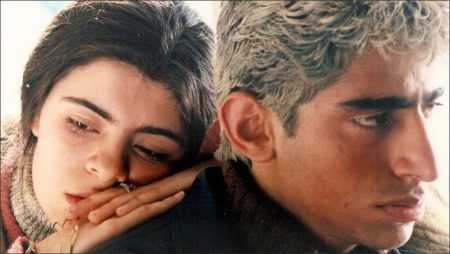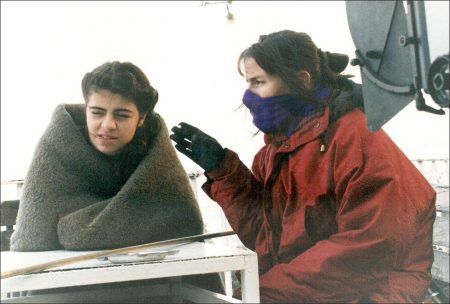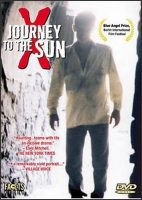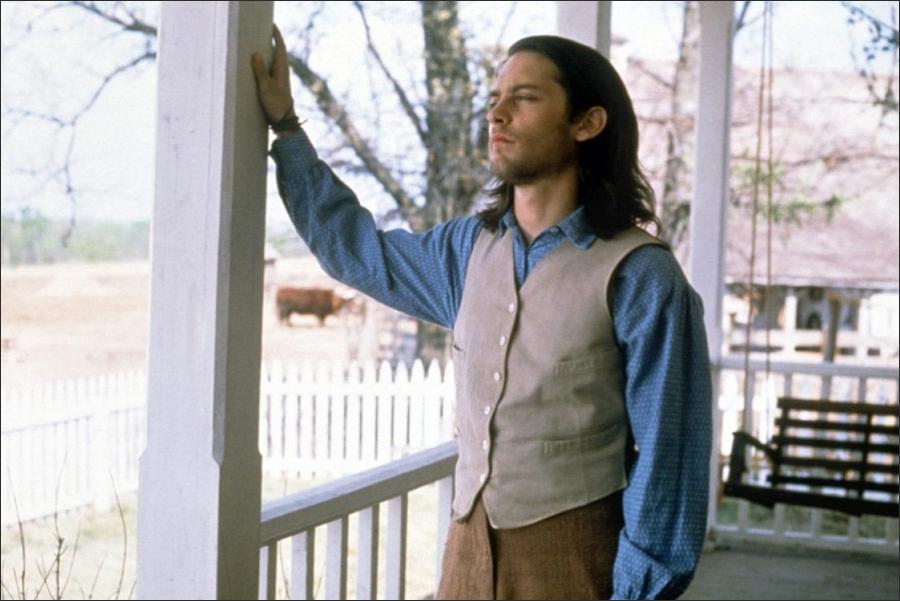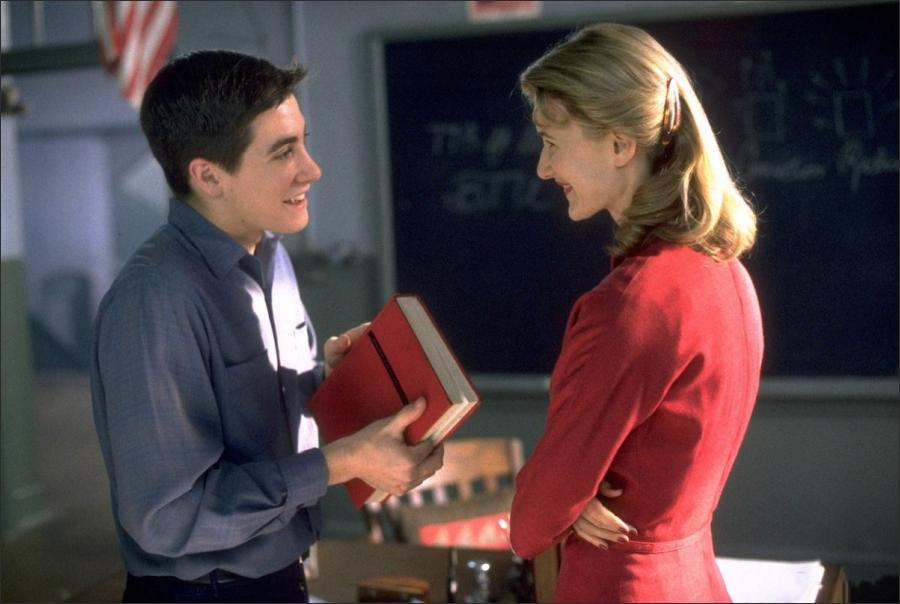Journey to the Sun movie storyline. Mehmet, a young Turkish man newly migrated from the village Tire, takes a job searching for water leaks below the surface of the streets of Istanbul. Due to a strange set of events, he is mistaken for a Kurd, imprisoned, and brutally beaten.
Upon his release a week later, he becomes an outcast marked as a Kurd, losing his apartment, his job, and eventually his girl friend, Arzu. When a Kurdish friend, Berzan is killed in a street protest triggered by a hunger strike, Mehmet takes a trek to return the body to Berzan’s home village near the Iraqi border, and learns why so many Kurds are refugees.
Yeşim Ustaoğlu, an architect turned filmmaker, takes her characters on a journey east out of Istanbul into a ravishing and war-ravaged landscape close to the Iraqi border. Hotly debated when first released in Turkey, Journey to the Sun may be a story of sanctioned persecution, but it is also the chronicle of a remarkable friendship as well as a pilgrimage into the unknown. Winner of the Best European Film Award at the 1999 Berlin Film Festival.
Journey to the Sun (Turkish: Güneşe Yolculuk) is a 1999 Turkish drama film written and directed by Yeşim Ustaoğlu and starring Nazmi Kırık, Newroz Baz, Mizgin Kapazan, Ara Güler, Lucia Marano, Berceste Akgün, Nigar Aktar, Serhat Kaplan, Eray Özbal, Cabbar Barış and Erdinç Dinçer. It was entered into the 49th Berlin International Film Festival where it won the Blue Angel Award.
Film Review for Journey to the Sun
A unique film about the spiritual practice of openness that focuses on the plight of persecuted groups in modern-day Turkey.
Mehmet (Newroz Baz) is a young man from Western Turkey who has landed a job with the water department in Istanbul. He carries around a metal ear trumpet that he uses to find leaking pipes under the streets. But even with this listening device, he’s unable to discern what disasters are rumbling in his future because he’s dark and looks like a Kurd, an ethnic minority from Eastern Turkey.
Mehmet spends most of his spare time romancing his girlfriend Arzu (Mizgin Kapazan), who works at a laundry. But this young man’s life changes when he meets Berzan (Nazmi Qirix), a Kurd who sells music cassettes from a pushcart at the ferry landing. Meanwhile, in the background are constant news reports about the hunger strike of Kurdish prisoners in jails.
One day Mehmet is on the bus when the passenger next to him leaps up and gets off, leaving a package behind. Up ahead there is a police barricade. Mehmet is taken off the bus and searched. The authorities assume the package, which contains a gun, is his. He is detained, beaten, and kept in prison for a week. When he returns to his dingy apartment over a factory, his roommates, fearing for their own safety, force him to leave. Mehmet also is dismissed from his job. The only one he can turn to is Berzan. Of course, Arzu is there to give him her love as well. At one point he asks her: “Is it a crime to have dark skin?”
According to writer and director Yesim Ustaoglu, it is a crime to have dark skin in Europe where xenophobia is a nasty fact of life. The red “X” painted on Mehmet’s apartment door is similar to the burning crosses planted by racial bigots in America. Ms. Ustaoglu makes palpable the fear and the poverty of all those treated as outsiders and the terrible toll it takes upon their souls. Mehmet draws closer to Berzan after he helps him get a job, shares his room, and talks about his dream of eventually returning home to his village near the Iraqi border. In a deeply touching ritual, he expresses his high regard for Berzan.
Journey to the Sun is a vivid parable about the plight of persecuted minorities in large cities around the world. This engrossing drama challenges us — like Mehmet — to become more empathetic. That is, to see that when our neighbor is unjustly treated and abused, we are diminished as well.
Journey to the Sun – Güneşe Yolculuk (1999)
Directed by: Yeşim Ustaoğlu
Starring: Nazmi Kırık, Newroz Baz, Mizgin Kapazan, Ara Güler, Lucia Marano, Berceste Akgün, Nigar Aktar, Serhat Kaplan, Eray Özbal, Cabbar Barış, Erdinç Dinçer
Screenplay by: Yeşim Ustaoğlu
Production Design by: Natali Yeres
Cinematography by: Jacek Petrycki
Film Editing by: Nicolas Gaster
Assistant Director: Ayşe Durmaz
Production Management: Bahadır Atay
Music by: Vlatko Stefanovski
Distributed by: Cinema Village Features
Release Date: February 16, 1999
Views: 200
